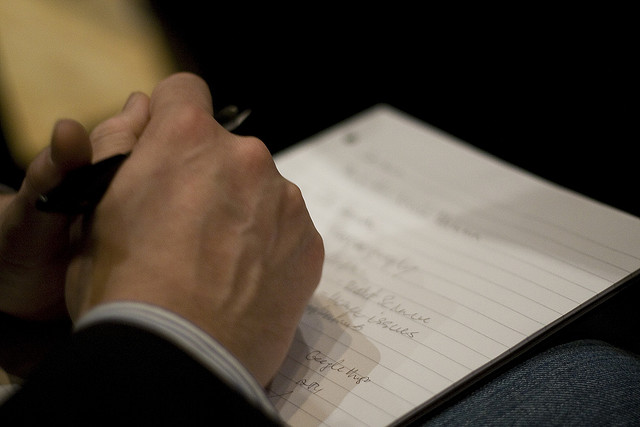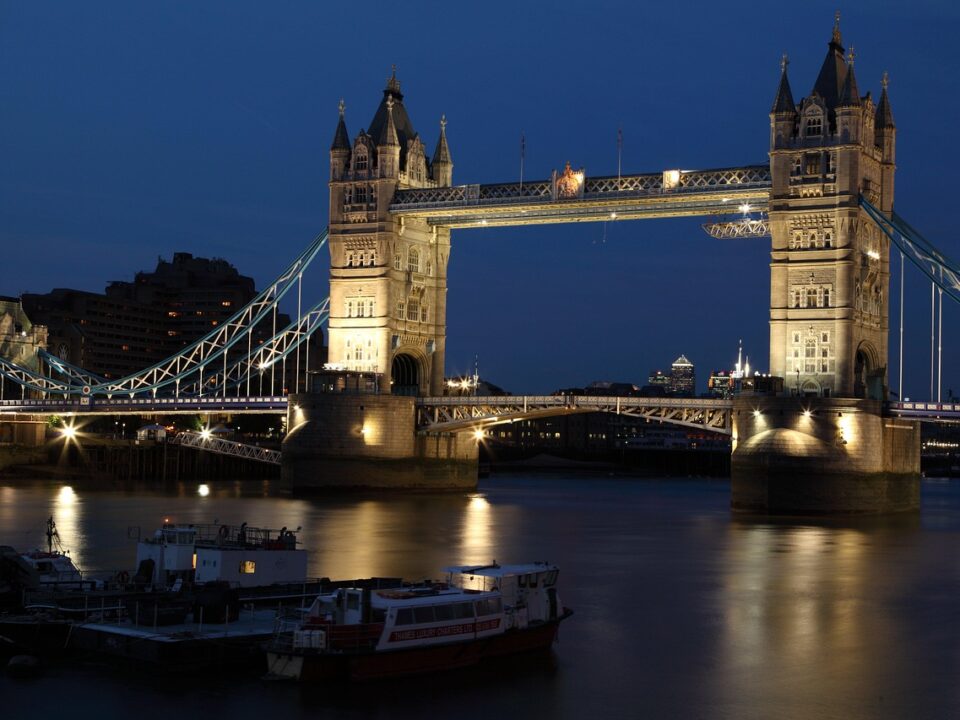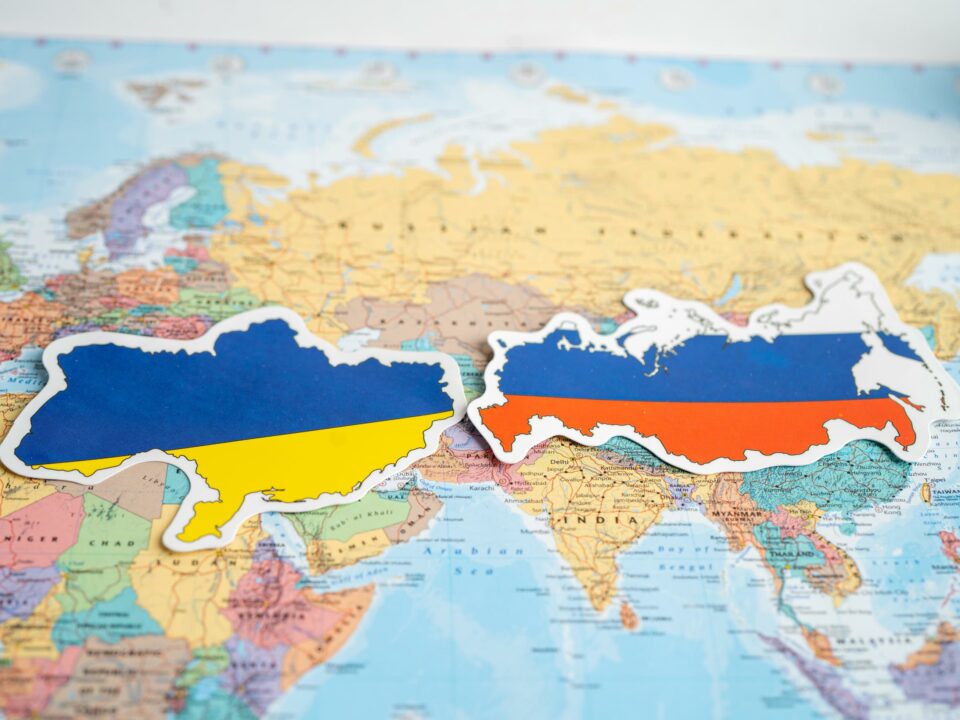
Passing Off in the 21st Century – Character Merchandising and Image Rights
January 24, 2014
Volunteering with the Citizens Advice Bureau
February 10, 2014The Office of the High Commissioner for Human Rights (OHCHR) has defined human rights as ‘rights inherent to all human beings’. From this definition it can be presumed that human rights are owed to humanity from the moment of conception.
A human right can be described as a necessity of human life.
Back in 2011 the United Nations Human Rights Council (UNHRC) released a report of the Special Rapporteur on the promotion and protection of the right to freedom of opinion and expression. The report declared that access to the internet was a basic human right. The report by the United Nations (UN) recognised fundamental guarantees through the internet. The report also recognised restrictions on the internet to extend to both technical measures and inadequate guarantees. However the report placed a lot of emphasis on the freedom of expression, this is only one branch within the dome of human rights. Therefore using this as the main justification for declaring the internet as a human right reduces the credibility of the report.
The declaration of the internet as a human right is exciting and, it shows development within international human rights development. Although there is still a long way to go, this is only a starting point. There are still other issues to be addressed such as the effect this will have on incriminating activities, the role of state security, and prosecution within the World Wide Web. It is almost a parallel universe to the real world and so, applying real life laws to the internet is something new. Only time can tell whether it will work but what’s certain is that there needs to is a robust set of international laws to apply effectively.
Just as we rely on food for survival, we rely on the internet for order and maintaining growth within humanity.
There are barely any places you can go to where you will not be able to access the internet. Through the internet we are able to access the news, communicate, socialise, and gain education. It’s become an integral part of our daily lives. It can even be subjectively argued that it is as essential as food. Just as we rely on food for survival, we rely on the internet for order and maintaining growth within humanity. From this perspective it is understandable why the UN has declared the internet as a human right. In the 2011 report, the UN described the internet as providing ‘access to information and knowledge that was previously unattainable’. This only shows that they recognised at an international level the influence and, social impact that the internet has on our daily lives.
Taking away access to the internet would deprive individuals of these universal human rights but at the same time this possesses a risk to create a world with no order.
Taking away access to the internet would deprive individuals of these universal human rights but at the same time this possesses a risk to create a world with no order. Those who think that the internet should be a privilege will argue that access to the internet being a human right is limited. It is subjected to a number of factors such as state supremacy, preventing mockery of countries, and for the sake of national security.
Some will argue that the advancement of the internet has reached a level which has meant that humanity is now heavily dependent on it. Although it seems far fetched, it can be said that the importance of the internet has made it the central functioning organ for human advancement.
Human rights are progressing rapidly and so is the way that humans have evolved. Human rights should also grow with the changes of the modern world to include access to the internet. This may seem naive since not everyone has electricity around the world. However, taking into consideration the rate at which human beings are advancing day by day, the prospect seems likely. There needs to be just the right amount of balance to allow for human progression but, at the same time respect national laws.
It can be said that the importance of the internet has made it the central functioning organ for human advancement.
Recent events may hinder the declaration of access to the internet being a human right. The succession of whistle-blowing cases has illustrated that perhaps there needs to be limitation to access to the internet for the sake of national security. Furthermore, if the internet is a basic human right, does that mean that prisoners should also have access to it? From that perspective, some may argue that the internet should be a privilege.
An example where the internet has already been presumed as a privilege is in the People’s Republic of China (PRC). Access to the internet is censored in the PRC and there are a number of legislations and measures in place. The government has also been under scrutiny from Human Rights organisation Amnesty international who has nicknamed this as ‘the great firewall of China’. Not conforming to the regulations and criticising the government in China has led to imprisonment. Blogs, social media and press is monitored around the clock. There is constant regulation on the activities of citizens on the internet and, consequently inhibiting fundamental freedoms such as the freedom of expression (Article 19 UDHR).
The Human Rights Watch’s World Report 2013 of China stated that more people are challenging the censorship barrier.
The Human Rights Watch’s World Report 2013 of China stated that more people are challenging the censorship barrier. This has been increasingly done through: ‘advocating for the rule of law and transparency, exposing official wrongdoing, and calling for political reforms’. This is promising and it may not be long now before the PRC are forced to accept that the internet is a human right.
It is great that the UN has recognised the overlap in day to day life between the realm of the World Wide Web and real life. It has to be taken into consideration though that realistically this mostly applies to developed countries at the moment. There are still millions of people who do not have internet access and will not be able to exercise this right. This brings into question of the credibility of the ‘universality’ of the international human right.
The report also did not address many issues, the main one being where we draw the line to certain activities on the internet. International Human Rights is venturing into an area which is alien and there is still a long way to go but then again, Rome wasn’t built in a day.





